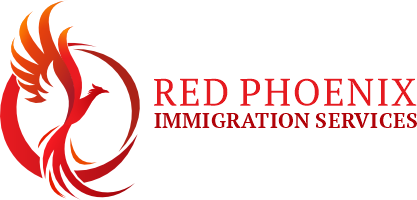Family Sponsorship
Family Sponsorship
Family Sponsorship is a program run by Immigration, Refugees and Citizenship Canada (IRCC) that allows Canadian citizens and permanent residents to sponsor their eligible family members to come to Canada and become permanent residents. The program aims to reunite families and help them live together in Canada.
To be eligible to sponsor a family member under this program, you must meet the following requirements:
- Be a Canadian citizen or permanent resident living in Canada.
- Be at least 18 years old.
- Demonstrate that you have enough financial resources to support the family member you are sponsoring.
- Sign an undertaking with the Canadian government to provide financial support to the sponsored family member for a certain period of time.
- Meet the specific requirements of the relationship type that you are sponsoring (spouse, common-law partner, conjugal partner, dependent child, parent, grandparent, or other relatives).
Once you submit your sponsorship application, the sponsored family member may be required to undergo medical examinations and criminal background checks. Processing times for Family Sponsorship applications may vary depending on the type of sponsorship and the number of applications received by IRCC.
The requirements for each relationship type may vary, but generally, you must show proof of a genuine relationship and meet certain eligibility criteria, such as age, education, work experience, and language proficiency.
Under the Family Sponsorship program in Canada, Canadian citizens and permanent residents can sponsor the following eligible relationships:
- Spouse or common-law partner:
You can sponsor your legally married spouse or your common-law partner. A common-law partner is someone who has been living with you in a conjugal relationship for at least 12 months.
- Conjugal partner:
You can sponsor your conjugal partner if you have been in a relationship with them for at least one year, but you have been unable to live together or marry because of significant legal or immigration barriers.
- Dependent children:
You can sponsor your dependent children who are under the age of 22, or who have a mental or physical disability and are financially dependent on you.
- Parents and grandparents:
You can sponsor your parents or grandparents to come to Canada as long as you meet the minimum income requirements and can provide financial support for them.
- Other eligible relatives:
Under certain circumstances, you may be able to sponsor other eligible relatives such as siblings, nephews, nieces, or grandchildren. However, the sponsorship of other relatives is subject to a case-by-case assessment by IRCC.
